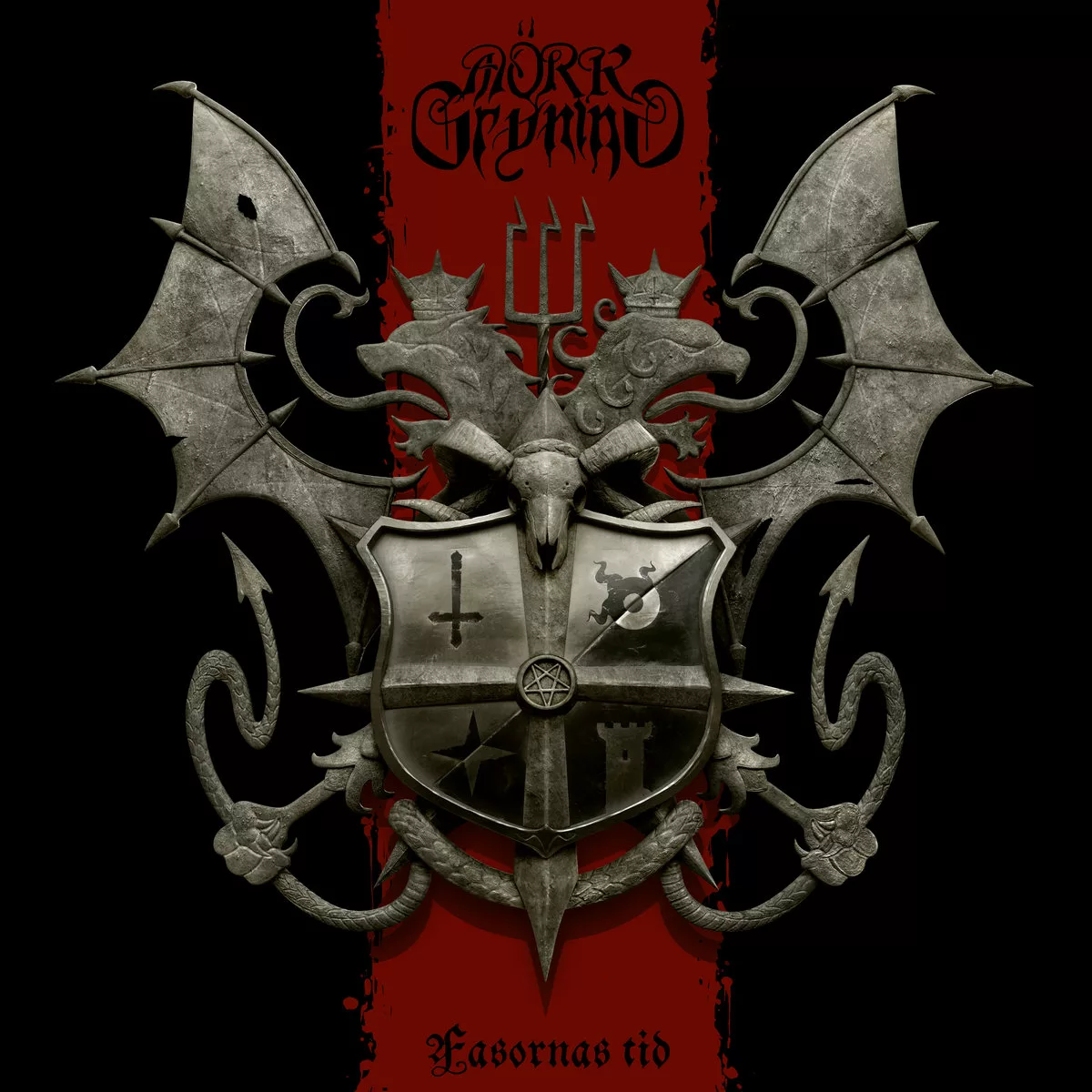Review: Mörk Gryning – Fasornas Tid

I’ve never expected Mörk Gryning to return with a new album. The band has been kinda cool inmy teens, but vanished (as so many others) more or less silently.
“Fasornas Tid” is not a chase for novelty but a reaffirmation – melodic black metal sculpted with the sinew of memory and the edge of sorrow.
From the soft-strummed intro to the final, spectral echo of “Age of Fire”, the album moves deliberately. “The Seer” launches with frostbitten riffs, and “Tornet” towers as a testament to the band’s still-burning resolve. When melody breaks through, it carries the weight of decades, ncluding the harmony-prone choruses of “Savage Messiah” and the punk-tinged flourish of “Before the Crows Have Their Feast”.
Yet despite its strengths, “Fasornas Tid” sometimes wears its ambition cleanly, almost too studiously. The album’s pacing remains admirably cohesive, but those accustomed to excursive peaks or raw abandon may find the consistency a touch unvarying. A few tracks linger longer than necessary, their gravitas undercut by repetition.
Where the album shines most is in detail. “The Serpent’s Kiss” hisses with twisted melody; “Det Svarta” rides on a razor-thin balance of blackened fury and gothic elegance. “Black Angel”’s clean vocals teeter on theatrical, even at risk of slipping into passé symphonic territory, yet they still deliver dramatic texture. The closing tracks, especially “Age of Fire”, transcend simple revivalism, cutting into darker mythic terrain with vaulting guitar leads and guttural weight.
Production delivers clarity without sterility. Guitars pulse with crystalline menace, keyboards glow like embers, and vocals emerge not as frontlines but as murmurs in a midnight ritual. The band knows how to command space without filling it, letting atmosphere and fury breathe in equal measure.
There’s a palpable tension between tradition and reinvention here. Mörk Gryning summon the spirits of 90s Swedish black metal – Dissection, early Dark Funeral, a touch of Marduk – but they filter that lineage through lived scars, not nostalgia alone. “Fasornas Tid” does not rewrite their identity; it reasserts it with quiet gravity.
To some ears, the album may feel safe in its structured melodies and restrained pacing. Yet that restraint carries weight, as it it demands attention, not excitement. It sacrifices wild abandon for ritual dignity. And for those led by yearning rather than adrenaline, its depth resonates.